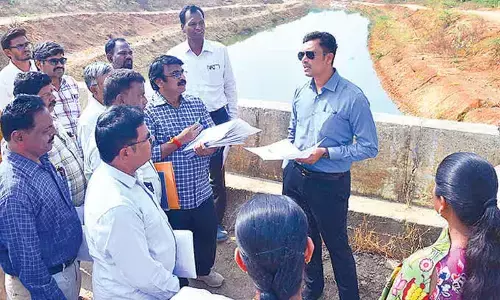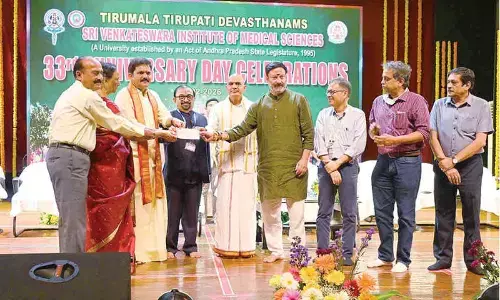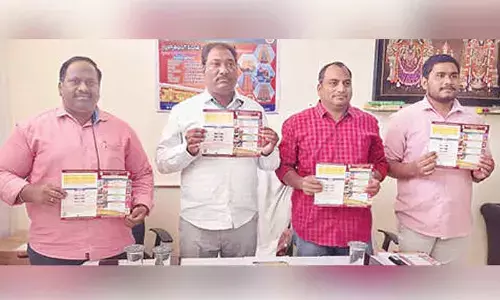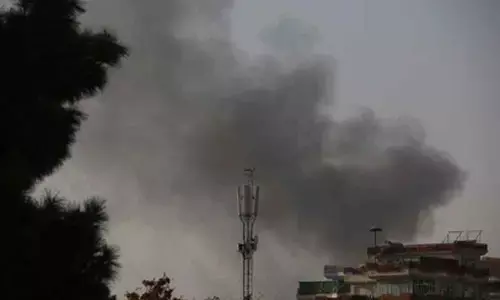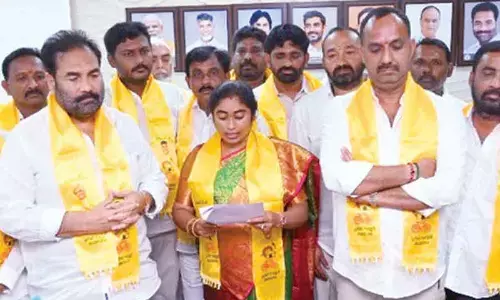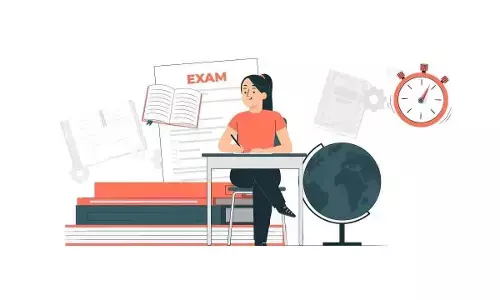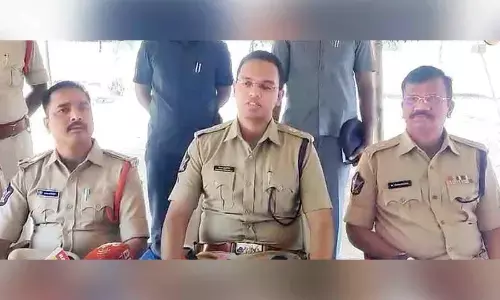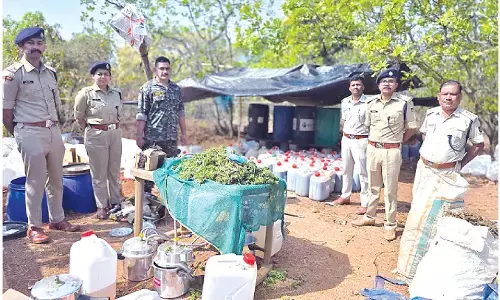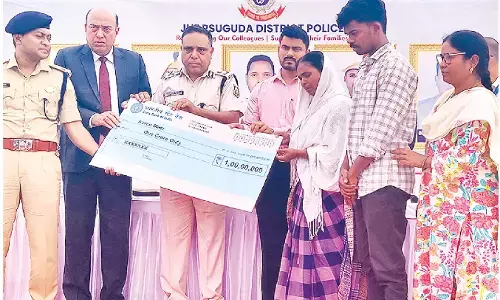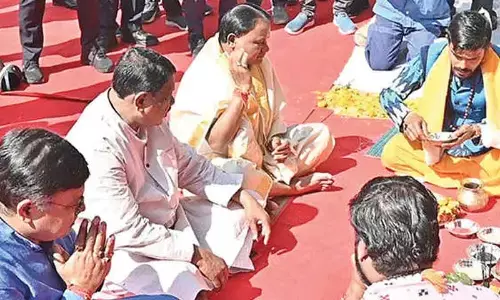Public funding of elections
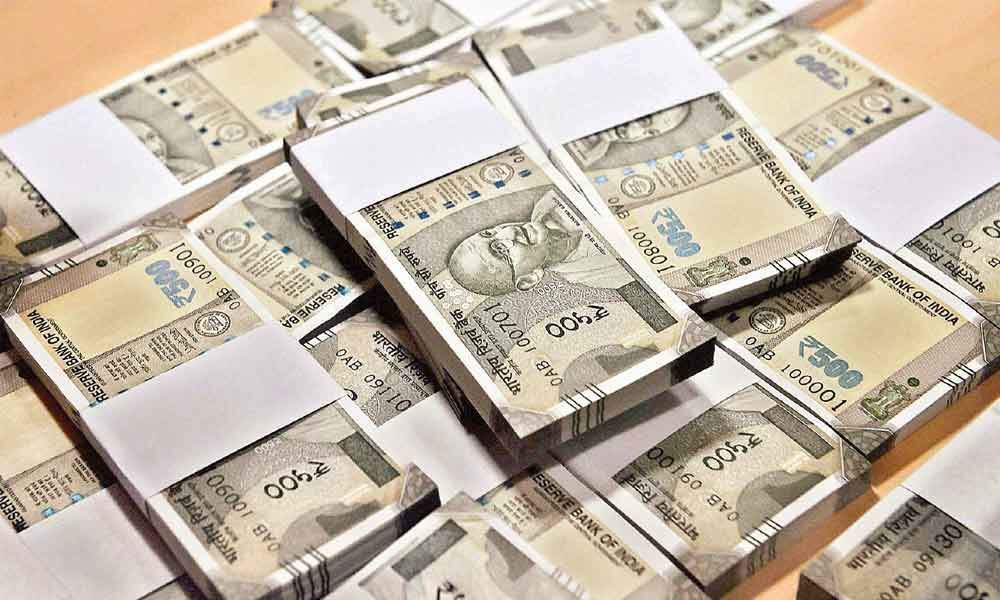
The role of money — whether it is black or white — in elections cannot be eliminated. But it certainly can be reduced.
The role of money — whether it is black or white — in elections cannot be eliminated. But it certainly can be reduced. The makers of our Constitution were aware of this issue.
Therefore, they provided that the Election Commission would be independent of the government. Our law also places an upper limit on the expenditures that can be done by the candidates. However, these provisions have proven woefully inadequate.
The ability of a voter to use discrimination in casting his vote is predicated on the availability of information. This information is supplied by the media.
Thus, a wealthy candidate can persuade the media to provide one-sided news to the voters and lead them into voting for a particular candidate. It is necessary to break this stranglehold of money on our electoral process to protect our much-cherished democracy.
This could be done by encouraging honest and public-spirited persons to contest elections. Presently, they are shy of contesting because they cannot withstand the might of money and misinformation.
One way of bringing them into politics that has been tried in many countries is to provide public funds to candidates. Since 1984, Australia has used a system of public funding of federal elections.
Political parties and candidates are reimbursed for their election expenses in proportion to the votes they secure, provided they poll at least 4 percent of the votes cast.
States in the United States have put in place various types of public funding. Arizona and Maine require candidates to raise about United States Dollars (USD) 1000 from 200 persons contributing USD 5 per person in order to qualify.
The candidates qualify to receive a grant of about USD 25,000 after having raised this qualifying money. Hawaii and Minnesota require candidates to raise USD 1500 from minimum 15 persons contributing USD 100 or less each in order to qualify.
Wisconsin requires them to raise USD 1750 from contributions of USD 100 or less. These qualifying requirements ensure that frivolous candidates are kept out. The subsequent grant enables them to enter the electoral fray in some seriousness.
These public funding programmes have been found to have positive impact. A study by University of Wisconsin has listed their impacts. One, public funding programmes increase the pool of candidates willing and able to run for State legislative office.
Many who did not think of contesting elections have entered the contest. Two, public funding increases the likelihood that a candidate seeking reelection will not be elected uncontested.
Weak candidates are hesitant to enter the fray if they have to put up their own money. They are more willing to contest if they get public funding. Entry of these "weak" candidates led to reduction in the numbers of incumbents who got elected uncontested.
Three, public funding has reduced the numbers of candidates getting reelected in Arizona and Maine, although the effects are marginal. This happened because the number of contestants increased and new issues were raised.
The study concludes that public funding programmes increase the competitiveness of state legislative elections.
Another study by Duke University says that public funding has fostered competition and created a more democratic process. People who would never have thought of contesting elections have gotten into the fray.
Many potential candidates were turned off by the idea of having to ask friends for money or did not have the connections necessary to raise enough money to be competitive.
Such persons have been encouraged to contest because they can be reimbursed from public funds. Thus, public funding has diversified the field of candidates.
This had led to issues closer to the voters being raised in the elections. I understand that more than 100 countries provide some form of public funding to the candidates today.
The funding programmes generally provide equal funds to the strong and weak candidates. For example, in Australia, every candidate gets reimbursed in ratio of the votes cast for him.
Thus, the strong and winning candidate gets more money than the weak and losing candidate. Yet, the amount of public money received by the strong candidate would be a small fraction of the total money spent by him; while the amount of public money received by the weak candidate would be a large fraction of the total money spent by him.
Thus, public money provides oxygen to the weak candidates and helps strengthen democratic processes.
The idea of State funding has been mooted repeatedly in our country as well. According to a report by Vivake available on the net, the Indrajit Gupta Committee (1998) endorsed public funding of elections in order to establish a fair playing field for parties with less money.
However, the committee recommended that public funds should be given only to national and State parties allotted a symbol and not to independent candidates.
Secondly, it said that public funding should be given in kind, in the form of certain facilities such as time on national TV to the recognised political parties and not in cash.
The Law Commission of India Report of 1999 concluded that total public funding of elections is desirable so long as political parties are prohibited from taking funds from other sources.
The "Ethics in Governance" report of the Second Administrative Reforms Commission of 2008 also recommended partial public funding of elections for the purpose of reducing "illegitimate and unnecessary funding" of elections expenses.
The National Commission to Review the Working of the Constitution, 2001 concurred with the 1999 Law Commission report that the appropriate framework for regulation of political parties would need to be implemented before public funding is considered.
More recently, in November 2016 in the aftermath of demonetisation, while addressing an all-party meeting before the Winter Session of the Parliament, Prime Minister Narendra Modi broached the possibility of public funding of elections in India.
The new government must put in motion the process of public funding. Perhaps the problem is that established parties are not comfortable with this idea.
They prefer to deal with a known enemy in the Opposition rather than an unknown enemy from among the public. This may be the reason that the proposal has been lying in cold storage despite many committees having recommended the same.
One can only hope that our leaders will rise above their personal interests and implement public funding so that financially weak persons are encouraged to contest the elections.
Author was formerly Professor of Economics at IIM Bengaluru


